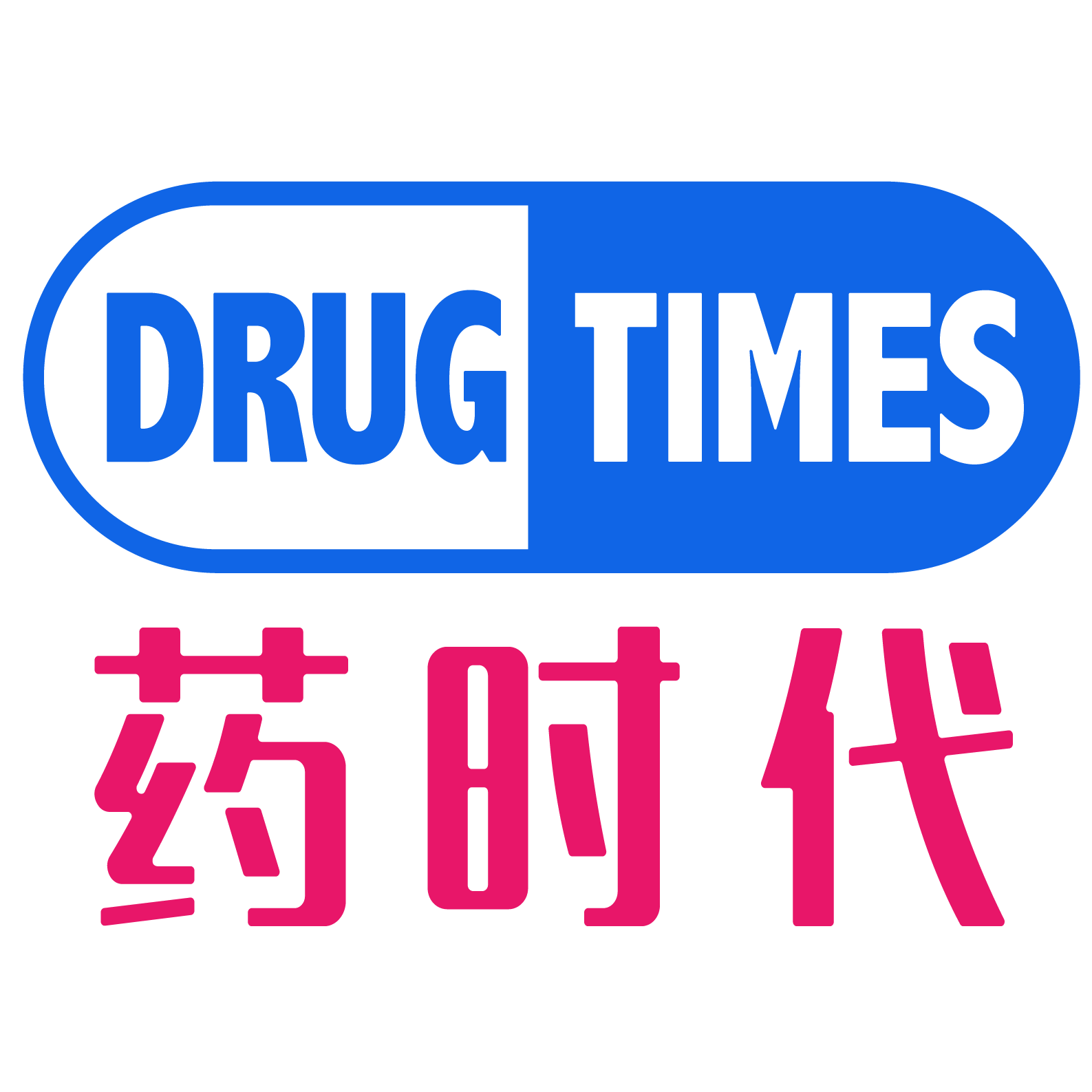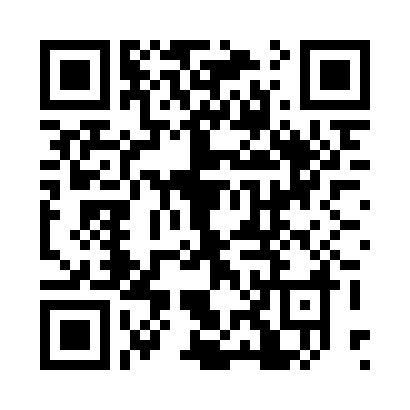
On April 18, 2024, the FDA officially required an update to the black box warnings for all CAR-T therapies marketed in the United States, revising the sections on post-marketing experience, patient consultation information, and medication guidelines, in addition to the existing label of “patients are at risk of secondary T-cell malignancies.”
It was thought that the controversy surrounding the safety of CAR-T cell therapy had been settled.
However, not long after, the issue resurfaced. A large-scale study led by Stanford University School of Medicine found that the risk of secondary tumors from CAR-T cell therapy is extremely low.
A “Counter-Evidence”
On June 12, 2024, Stanford University published a new study in the New England Journal of Medicine. The study retrospectively analyzed 724 patients who received CAR-T treatment at Stanford Health Care from 2016 to 2024.
The study found that at a median follow-up of 3 years, approximately 6.5% of patients had developed secondary tumors. Stanford University stated that this probability is “roughly similar” to the risk of secondary tumors from stem cell transplantation. In fact, the occurrence of secondary malignant tumors after cancer treatment is not new, usually caused by DNA damage from radiotherapy, chemotherapy, and immunomodulatory agent treatment.

At the same time, after analyzing the only case of death from secondary tumor in the study, it was found that the patient’s death may be related to immune suppression caused by CAR-T cell therapy, rather than the incorrect insertion of chimeric antigen receptor genes during the process of cell gene engineering modification. The deceased patient had an autoimmune disease before the diagnosis of the tumor, and the subsequent explosive growth of cancer cells may be related to the immune damage caused by this.
In response, the research team conducted a comprehensive analysis of this isolated case by comparing the protein levels, RNA sequences, and DNA of tumors, CAR-T cells, and healthy cells before and after treatment in all 724 patients.
The comparison results found that T cells of primary and secondary cancers have “different immune phenotypes and genomic characteristics,” and the T cells that caused the patient’s secondary tumor were not the modified T cells used for CAR-T therapy.
In summary, there is no evidence that CAR-T therapy will lead to secondary tumors.
Continuous “Questioning” of the FDA’s Decision
In fact, in addition to Stanford University, the University of Pennsylvania has also come to the same conclusion.
On January 24, 2024, the University of Pennsylvania published a study in Nature, aiming to retrospectively analyze 449 patients who received CAR-T treatment at the Perelman School of Medicine from 2018 to 2023.

The study found that at a follow-up time of 10.3 months, a total of 16 people developed secondary cancer, of which 12 were solid tumors. Among these 12 people, one person found T-cell lymphoma in the lymph nodes during the resection of lung cancer. Subsequently, the research team conducted a molecular analysis and found that this T-cell lymphoma did not carry the CAR transgene. That is to say, it is not a CAR-positive lymphoma, meaning that the secondary tumor of this patient is not directly related to CAR-T therapy.
On May 7, 2024, Dr. Carl June, the director of the Parker Institute for Cancer Immunotherapy at the University of Pennsylvania, known as the “Father of CAR-T,” publicly questioned the view that “CAR-T products are very likely to be involved in the development of T-cell tumors” in a speech.
 Professor Carl June (Brian Ach/Getty Images for TIME 100 Health Summit)
Professor Carl June (Brian Ach/Getty Images for TIME 100 Health Summit)
He disclosed in his speech at the time: “The unpublished research from Stanford University and the University of Pennsylvania analyzed 1,500 patients, and no case of integrated vector transgenes was observed.”
This time, the research published by Stanford is very likely one of the “counter-evidence” mentioned by Dr. Carl June.
Not to Overturn
The debate on the safety of CAR-T has never stopped.
But the FDA still required all related products to add a “black box warning” in a thunderous manner within a few months. This is not contradictory, as black box warnings are usually based on identified serious safety risks, even if such risks may not be common in the patient population.
The regulatory authorities mainly consider the risk-benefit ratio, just like in November 2023, when the FDA initiated an investigation on BCMA or CD19 targeted autologous CAR-T therapy, it still emphasized that the overall benefits outweigh the risks.
The long-term follow-up studies provided by Stanford and the University of Pennsylvania can be regarded as supplementary information to the existing black box warning, helping doctors and patients to better weigh the potential risks and significant efficacy of CAR-T treatment.
This is not to overturn the previous warning, but to provide a more comprehensive risk profile. At the same time, with the disclosure of more long-term follow-up data, the most direct impact includes the promotion of CAR-T products, global regulatory coordination (the attitude of NMPA), and the development of non-tumor CAR-T therapies.
This is a quick translation of the Chinese article written by DrugTimes Team and published today. You are welcome to read CAR-T黑框警告,再起波澜.
发布者:DrugTimes001,转载请首先联系contact@drugtimes.cn获得授权

 为好文打赏 支持药时代 共创新未来!
为好文打赏 支持药时代 共创新未来! 